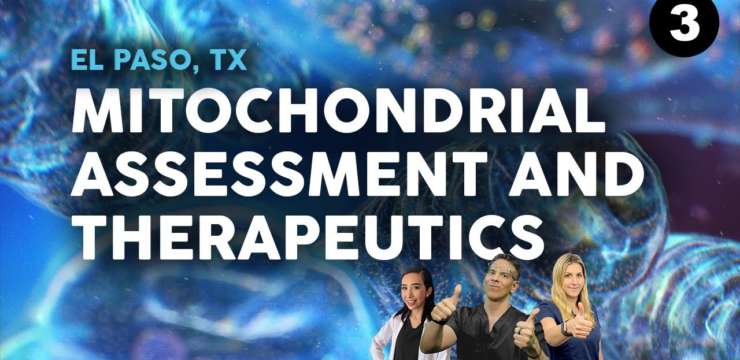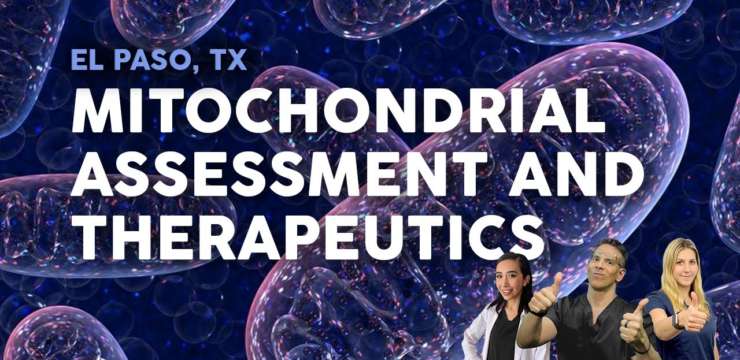Welcome to our newest functional Medicine presentation brought to you by Dr. Alex Jimenez, in this episode we will talk about developing skills in working…


Welcome to our newest functional Medicine presentation brought to you by Dr. Alex Jimenez, in this episode we will talk about developing skills in working…

Welcome to our newest functional Medicine presentation brought to you by Dr. Alex Jimenez, in this episode we will talk about developing skills in working…

Stretching out for everyday wear and tear. The body was designed for movement, mobility, and physicality. When discomfort, aches, and pain present in the neck,…

Individuals that experience frequent headaches can have sensitive headache trigger points. Every case is different and requires a thorough examination before a proper and personalized…

The sciatic nerve is the largest in the body and is created by five nerve roots that come together and exit the lower spine. It…

It is time for outdoor summer activities. Summer is iconic in its association with a wide range of outdoor activities. However, many can be physically strenuous…

Many individuals will be looking up at the fireworks this 4th of July weekend. A word of caution when keeping the neck in one position…

Welcome to part 3 of our Functional Medicine podcasts brought to you by Dr. Alex Jimenez. In this episode an expert will be discussing with…

Welcome to the newest edition of our Functional Medicine podcasts brought to you by Dr. Alex Jimenez. In this episode an expert will be discussing…

Maintaining the body’s musculoskeletal system and keeping it strong can be done through chiropractic and by managing general overall health. This system includes the: Bones…

After an auto accident that might not have caused serious damage, individuals often believe that they’re fine only to find out later that there is…

Although many soccer injuries involve the legs and lower extremities, other body areas are susceptible to injury/s as well. Acute or cumulative is how soccer…

APT is short for anterior pelvic tilt. APT is when the pelvis tilts more down than forward, which can cause strain on the surrounding muscles…

Re-energize from a lack of energy and fatigue with Bio-chiropractic. Millions of individuals struggle to get through the day or night depending on work/school schedules…

I threw my back out. Most of us have heard and possibly experienced throwing our backs out. But, what does throwing out your back really…

Living with sciatica can be debilitating and exhausting. Find out how different individuals reduced their pain from this condition. Sciatica has different treatment options. It…

Individuals that go through severe low back pain caused by degeneration, herniated discs, vehicle, personal, work, and sports injuries, surgery, or spinal fusion is usually…